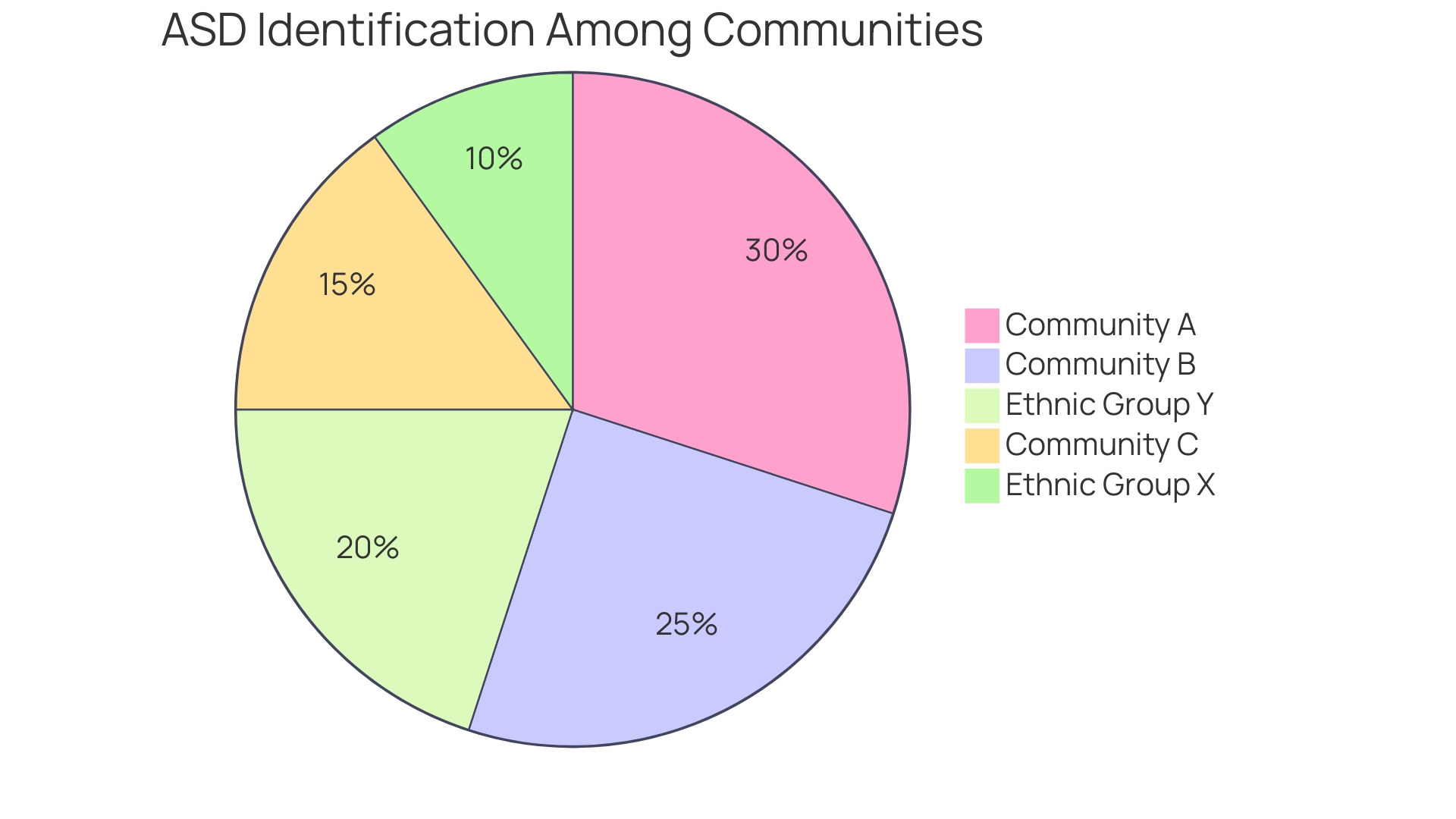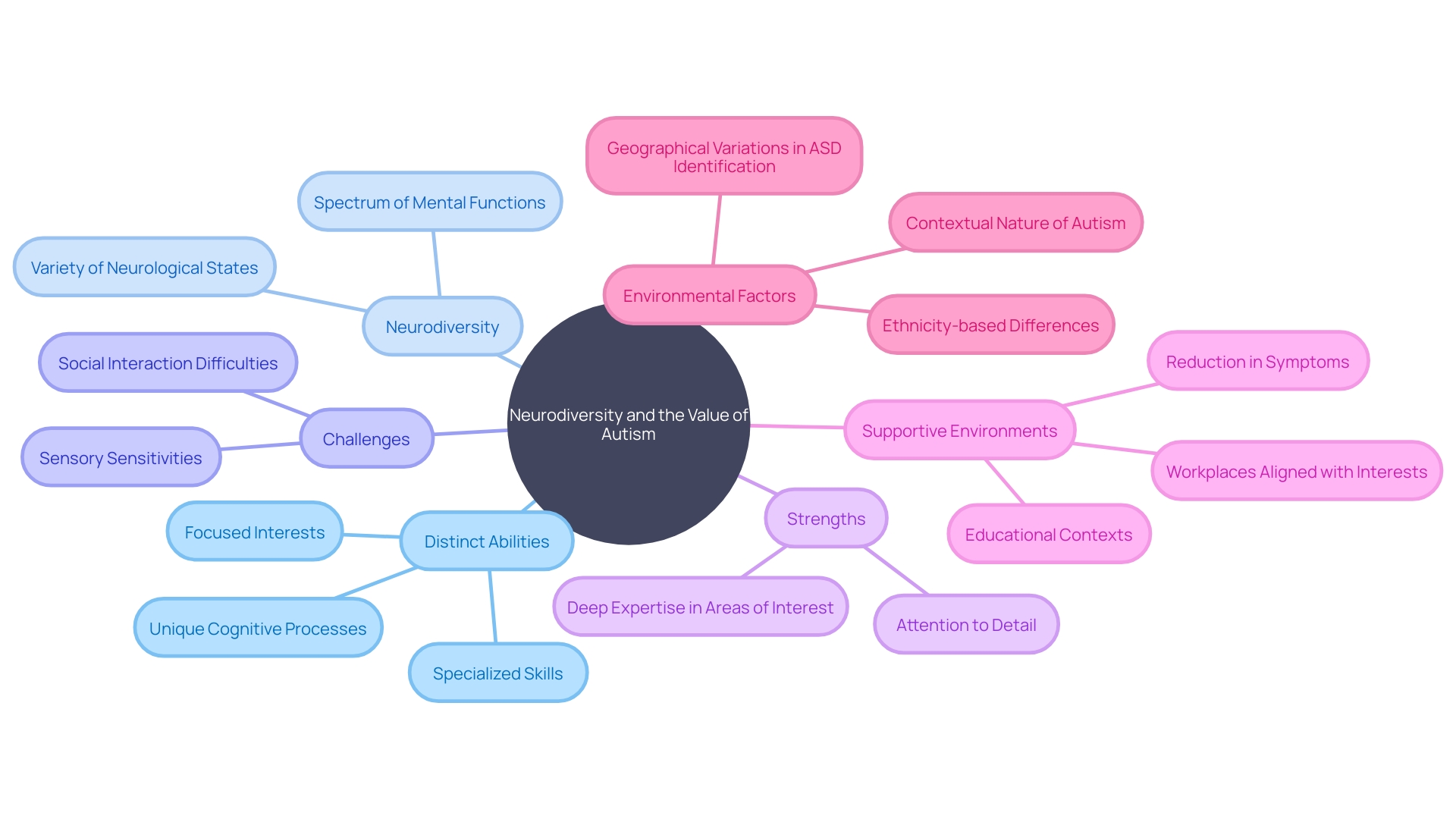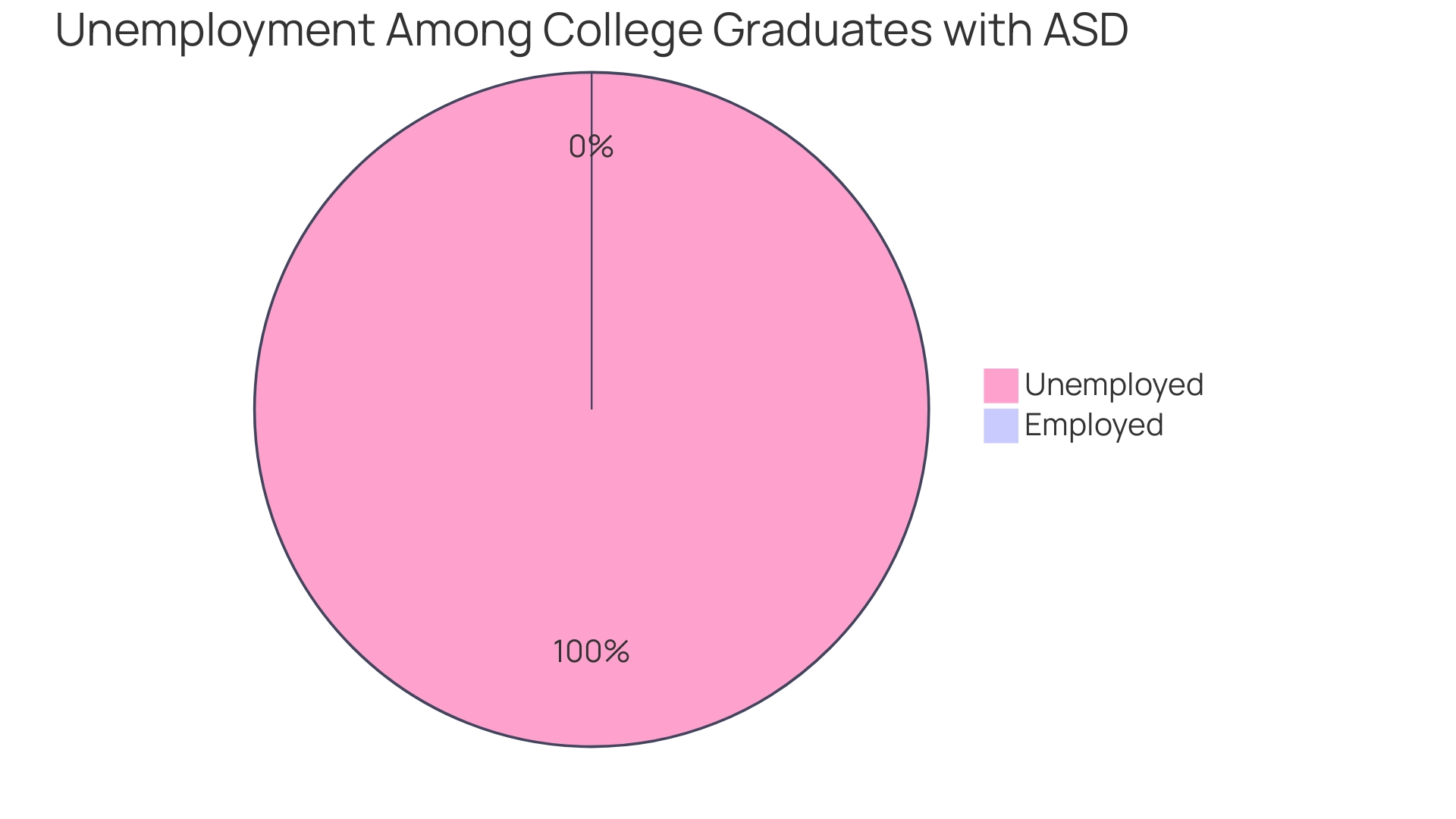Introduction
Temple Grandin, a prominent figure in autism advocacy, has led a life marked by resilience and insight. Diagnosed with autism at a young age, Grandin has become a distinguished professor and author, making significant contributions not only in the field of autism but also in animal science.
Her perspective on autism recognizes the influence of both neurological and genetic factors, as well as the profound impact of environmental contexts. Grandin advocates for tailored educational and professional environments that cater to the unique strengths of individuals on the spectrum. By challenging our understanding of autism and promoting inclusivity, she inspires change and empowers parents to navigate challenges for the well-being of their children.
Who is Temple Grandin?
Temple Grandin, a woman whose name has become synonymous with autism advocacy, has lived a life that exemplifies the intersection of challenge and triumph. Diagnosed with autism in her early years, Grandin's journey has been one of remarkable perseverance and insight, leading her to become a distinguished professor and a revered author.
Her contributions extend beyond the realms of autism as she is also acclaimed for her innovative work in animal science. Grandin's perspective on autism is deeply rooted in the understanding that it is a condition influenced by neurological and genetic factors.
However, she also acknowledges the profound impact of environmental contexts on individuals with autism. Her observations highlight that the prevalence of autism spectrum disorder (ASD) varies significantly across different communities and ethnicities, suggesting that identification and support systems are not uniform.
Grandin advocates for tailored educational and professional environments that cater to the unique strengths of those on the spectrum, as she has seen firsthand how such settings can lead to a substantial decrease in autism symptoms. The data mirrors this viewpoint, as surveillance of health and diagnosis reveals that our grasp of autism's impact is often hindered by inconsistent data collection methods. Surveys and administrative databases provide snapshots of health conditions but may overlook individuals not receiving specific services. Grandin's stance challenges us to consider the nuanced ways in which environmental factors intertwine with the biological aspects of autism, encouraging a broader and more inclusive approach to understanding and supporting those with ASD.
The Power of Temple Grandin's Quotes
Temple Grandin's profound insights into autism come from a place of lived experience, deeply resonating with those on the spectrum and their support networks. Her candid reflections go beyond inspiration; they delve into the intricacies of how autism is perceived and experienced.
Grandin's observations are a clarion call to consider both the genetic and neurological underpinnings of autism, as well as the pivotal role of environmental factors. She highlights the stark variations in autism spectrum disorder (ASD) identification across different communities and ethnicities, suggesting that the environment significantly influences the expression and management of autism.
Furthermore, Grandin's work emphasizes the transformative potential of tailored educational and professional environments that align with the unique interests of individuals with autism. This nuanced understanding of autism's context-dependent nature underscores the importance of ongoing surveillance and data collection to better support the autism community. Statistics reveal that without continuous tracking and analysis of health data, we cannot fully grasp the prevalence of ASD or the specific needs of those affected. By leveraging administrative databases and health surveys, we can capture a clearer picture of the services utilized and the challenges faced by those on the spectrum, leading to more informed public health actions and interventions.

Empowering Messages
Temple Grandin's insights on neurodiversity are a clarion call to recognize and value the distinct abilities of individuals with autism. Her perspective illuminates the concept of neurodiversity, a term coined by sociologist Judith Singer that highlights the inherent differences in neurological functioning as a natural and valuable form of human diversity. These differences can be challenging and may necessitate various supports, but they can also endow individuals with unique strengths.
Grandin advocates for a societal shift towards nurturing the talents of those with autism, creating environments where their skills can flourish. This approach is bolstered by the understanding that autism's manifestations can be influenced by environmental factors, as evidenced by the variability in ASD identification across communities and the positive impact of tailored educational and work settings. Emphasizing this, Grandin underscores the potential for individuals with autism to significantly reduce their challenges when engaged in areas of special interest, validating the importance of supportive contexts for personal growth and achievement.

Overcoming Challenges
Temple Grandin's insights shed light on the complex interplay of factors affecting individuals with autism. Her perspective emphasizes that while autism has a strong neurological and genetic basis, environmental elements cannot be ignored.
This view is supported by research indicating that when individuals with autism are engaged in educational and work environments aligned with their specific interests, they may experience a considerable decrease in the manifestation of their symptoms. It's a powerful reminder that neuroanatomy and genetics are not the sole determinants of one's destiny; the environments we inhabit play a critical role as well.
The stark reality is that a significant number of adults with autism, as high as 85 percent of U.S. college graduates with ASD, remain unemployed. This statistic underscores the challenges faced by the autism community in securing employment, due to societal misconceptions, inadequate access to suitable job resources, and the need for more supportive work environments. Grandin's voice advocates for a broader understanding and the creation of spaces where individuals with autism can excel, highlighting the need for perseverance and advocacy for tailored accommodations that can transform potential into success.

Inspiring Change
Temple Grandin, a renowned advocate for the autism community, implores us to recognize and value neurodiversity. Grandin's impactful statements highlight the urgent need for inclusivity and understanding within society.
Her words are not just a call to action but a beacon of hope for creating a nurturing environment that celebrates the unique perspectives of individuals with autism. Grandin's advocacy is backed by the concept of neurodiversity, which embraces the differences in brain function and behavioral traits as part of normal variation in the human population.
This perspective considers conditions like autism and ADHD not as deficits but as variations that enrich our society. Grandin's vision for an inclusive world is one where the 'A List' of Access, product developers, business analysts, and stewardship becomes a guiding principle, recognizing the extraordinary contributions of neurodiverse individuals. Her message is clear: awareness and education are pivotal in dismantling stereotypes and fostering a culture where everyone can thrive.
Conclusion
In conclusion, Temple Grandin's journey and insights have had a profound impact on autism advocacy. She recognizes the influence of neurological and genetic factors on autism, along with the significant role of environmental contexts.
Grandin advocates for tailored educational and professional environments that cater to the unique strengths of individuals on the spectrum, improving their well-being. Her observations emphasize the need for a broader approach to understanding and supporting those with autism.
Ongoing surveillance and data collection are crucial to better grasp ASD prevalence and address specific needs. By leveraging administrative databases and health surveys, we can gain a clearer picture of challenges faced by individuals on the spectrum.
Grandin's insights also highlight the importance of recognizing neurodiversity, valuing the distinct abilities of individuals with autism as part of human diversity. Nurturing their talents in supportive environments can significantly reduce challenges they may face.
However, there are still challenges in terms of employment opportunities for adults with autism. Grandin's voice highlights misconceptions, inadequate resources, and the need for more supportive work environments. Her advocacy calls for perseverance and tailored accommodations that can transform potential into success. Overall, Temple Grandin inspires change through inclusivity, challenging stereotypes, and fostering a culture where everyone can thrive. Her empowering messages guide parents to navigate challenges for their children's well-being and promote nurturing environments that celebrate neurodiversity. Grandin's resilience leaves a lasting impression on autism advocacy, inspiring us to embrace diversity and support those on the spectrum.




